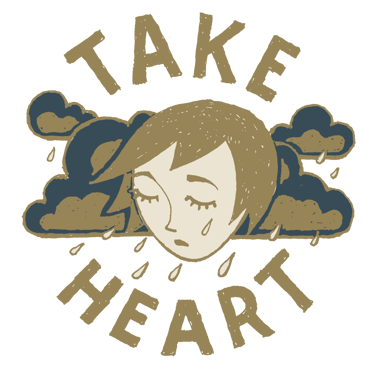Healing
Musing
Yesterday I heard Steve Robbins speak. He was talking about diversity and inclusion. He said many insightful things, but perhaps most impactful to me was the story of his own life: growing up with racial discrimination, bullying, abuse, the kidnapping of his sister and the suicide of his mother. As I listened I realized something: telling one’s own story is good and vitally important, but it can’t just be left at that. Dr. Robbins didn’t get stuck in one place after all the tragedy he lived through. In the midst of the loss and pain, he started on a journey to help others others live better, and that journey became his life’s work.
Many of us—especially myself—work so hard to be heard we forget that action must follow the expression of hurt. The shoulder we cry on benefits neither the shoulder owner nor the weeper if it isn’t a step in the healing process. Vulnerability about what we feel, what we have suffered, the mistakes we have made is an essential part of our story, but what is beyond the pain? Living is beyond the pain. And not just living, but caring. Caring and being cared for is what makes living tolerable.
As we heal we tell our story. Again and again. We will probably tell our story for the rest of our lives—it doesn’t stop being part of us, no matter how healthy we are or how many times we share it—and that is ok. But the telling should be the beginning, not the end.
Part of my story was wearing headbands and pink clothes as a little kid. I didn’t understand what was going on, but maybe the idea of gender blurred a little in my mind. Often my image of myself was as much female as male. I played I was a girl with my siblings and cousins when most little boys played cowboys and spacemen and superheros. To be fair, I played those things too—but privately I felt certain (at 9 or 10) I should be a girl.
The thing is, it’s ok that I'm not a girl, and never will be. I am content with who I am, what I am, and most importantly, I like me. I am glad for the experiences of my childhood, weird as they were. They shaped me and my creative aesthetic, and I believe they have made me more understanding, equitable, less judgmental. In a way, even as a happy, contented dad with a wife and kids, I occasionally, deep down, still feel like a young girl—and it makes me laugh. I like it.



